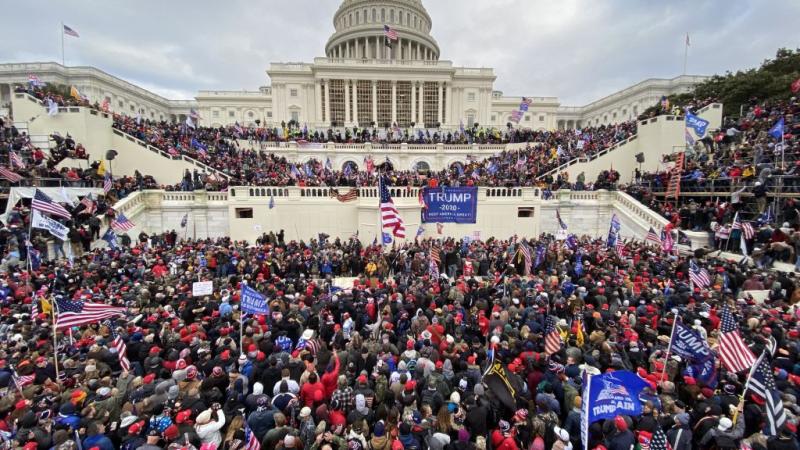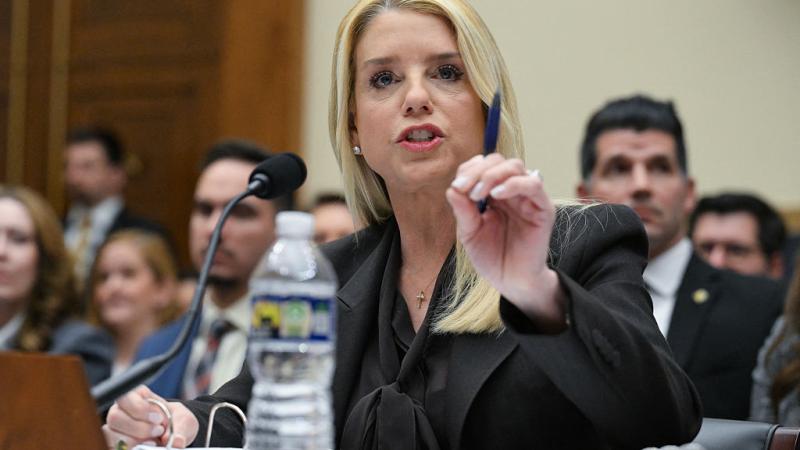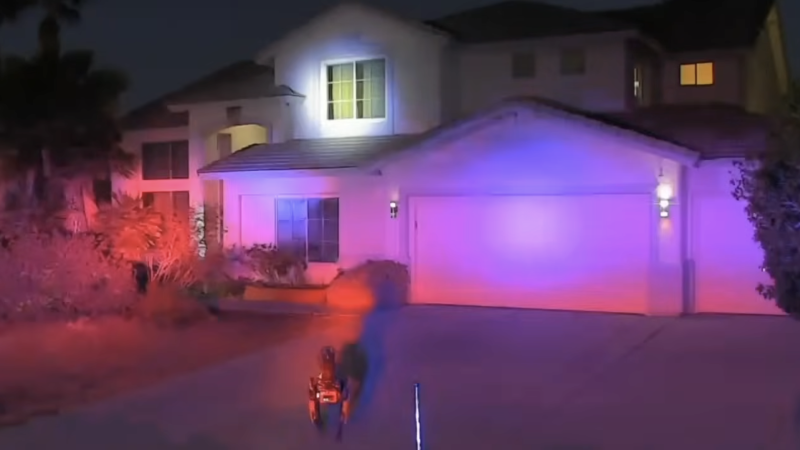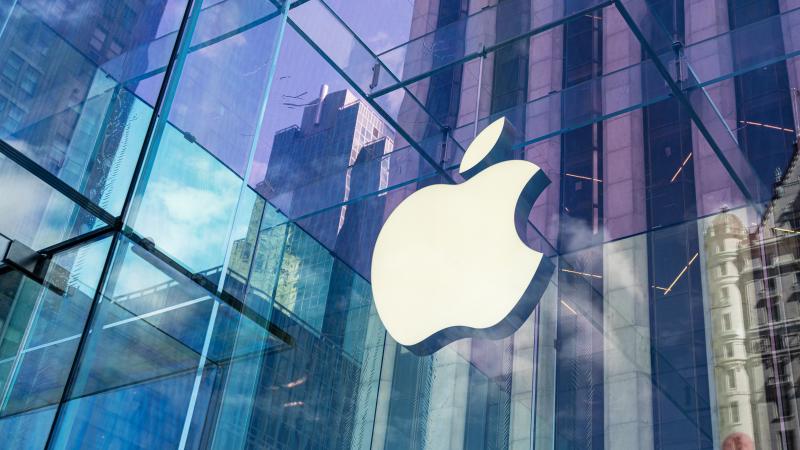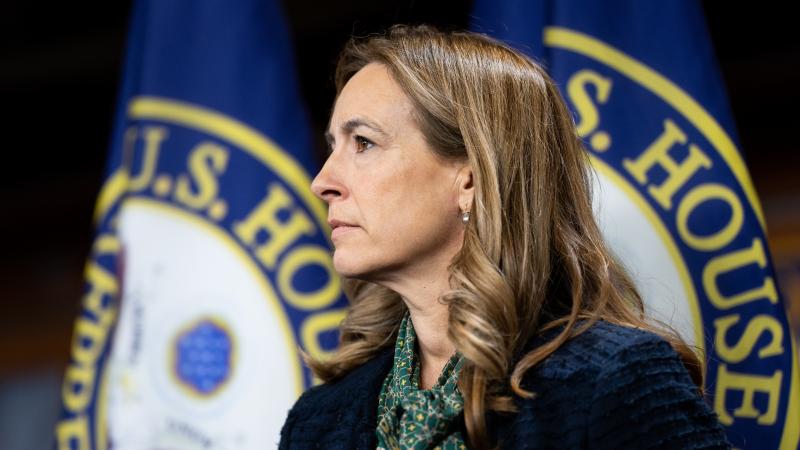20 states are using legislation to ban ‘Zuck Bucks’ from elections
Alabama one of the latest enacting legislation to ban the infusion of private funding into elections.
Through the first half of 2022, at least 20 states have enacted legislation to ban the infusion of private funding into elections, according to a report.
Capital Research Center, a Washington, D.C.-based conservative nonprofit think tank, has been keeping tabs on states’ disparate responses to private funding to assist with elections operations – a scenario that gained steam in the 2020 presidential election at the height of the pandemic.
In their ongoing analysis, CRC authors Sarah Lee and Hayden Ludwig have pointed to revelations that came to light after the most recent presidential election, including the tech mogul for whom the trend has been named.
“The chief culprit was Facebook CEO Mark Zuckerberg, who poured $350 million into one sleepy nonprofit, the Center for Technology and Civic Life,” Lee and Ludwig wrote. “CTCL then distributed grants to hundreds of county and city elections officials in 47 states and the District of Columbia.”
According to the report, Alabama received a sliver of the pot of CTCL cash, to the tune of $2.45 million.
This spring, the Alabama Legislature passed House Bill 194. The legislation prohibits public officials overseeing elections “from soliciting, accepting or using certain donations from an individual or nongovernmental entity for the purpose of funding certain election-related expenses.”
Republican Gov. Kay Ivey, who signed HB194 into law in April, said she believes it will ensure Alabama continues to have free and safe elections.
“In Alabama, we are committed to ensuring the integrity of our election process remains second to none,” Ivey said in a statement at the time of signing. “Big tech’s efforts to undermine the integrity of our elections has no place in our country, and I’m proud to have signed legislation that ensures Alabama’s election process remains air-tight.”
Some of the country’s more purple swing states received higher CTCL contributions in the 2020 election.
Nearby Georgia, for example, received $45 million. Elsewhere in the U.S., Pennsylvania and Wisconsin received $25 million and $10.1 million, respectively, from the organization.
Lee and Ludwig have taken aim at the varied cash contributions in their report.
“Despite CTCL’s claims that the grants were strictly for COVID-19 relief, not partisan advantage, the data show otherwise,” Lee and Ludwig wrote.
In late 2021, CTCL issued a final report on its 2020 grant allocations and defended all of its actions. Organization officials doubled down on their assertion “2020 was the most secure election in U.S. history and voter turnout soared.”
“CTCL played a critical role in deploying various strategies to support election officials and the voting public in 2020,” the report reads. “In addition to providing timely and relevant online training, as well as accurate and trustworthy information to millions of voters, CTCL distributed … grants to local election departments to administer safe elections.”




